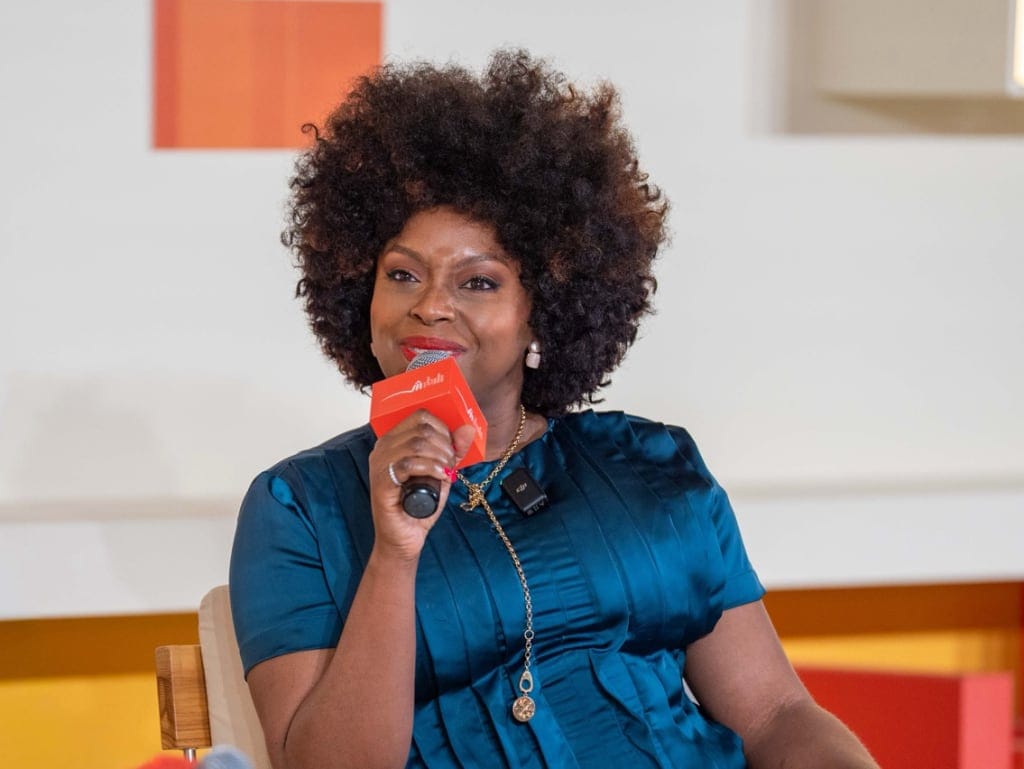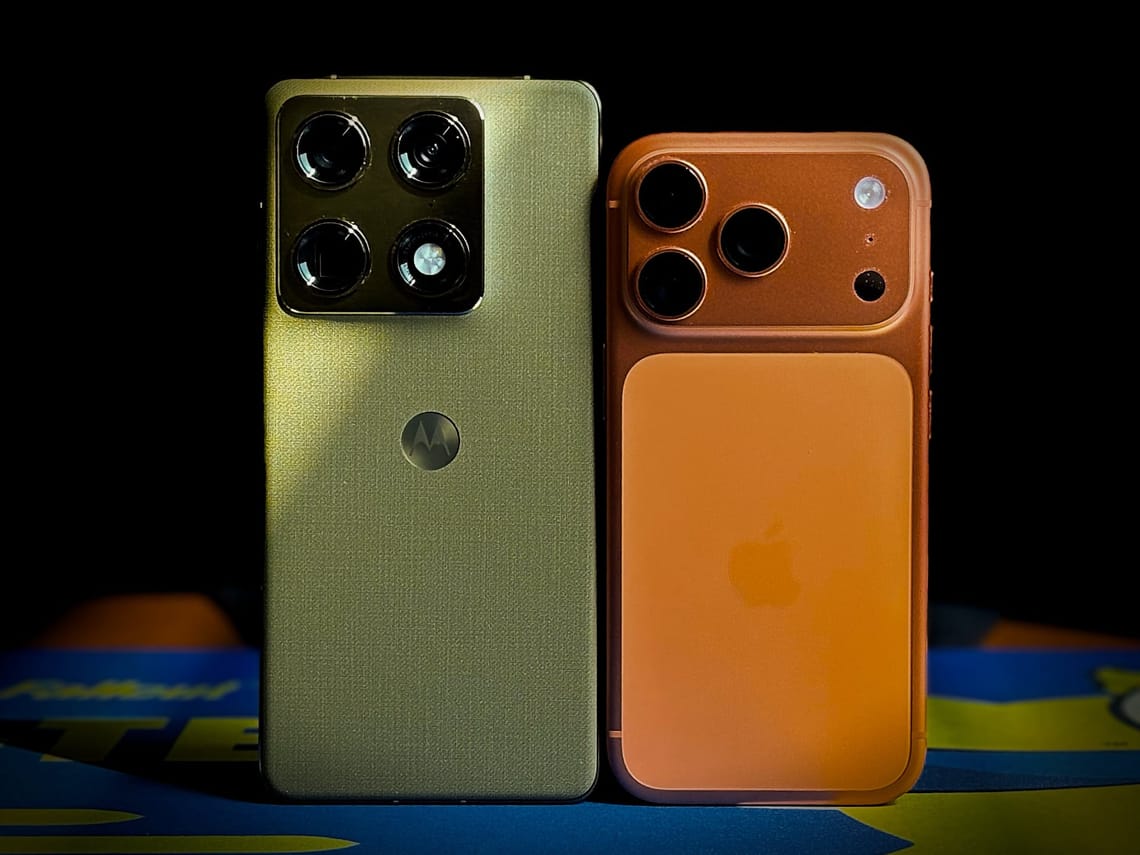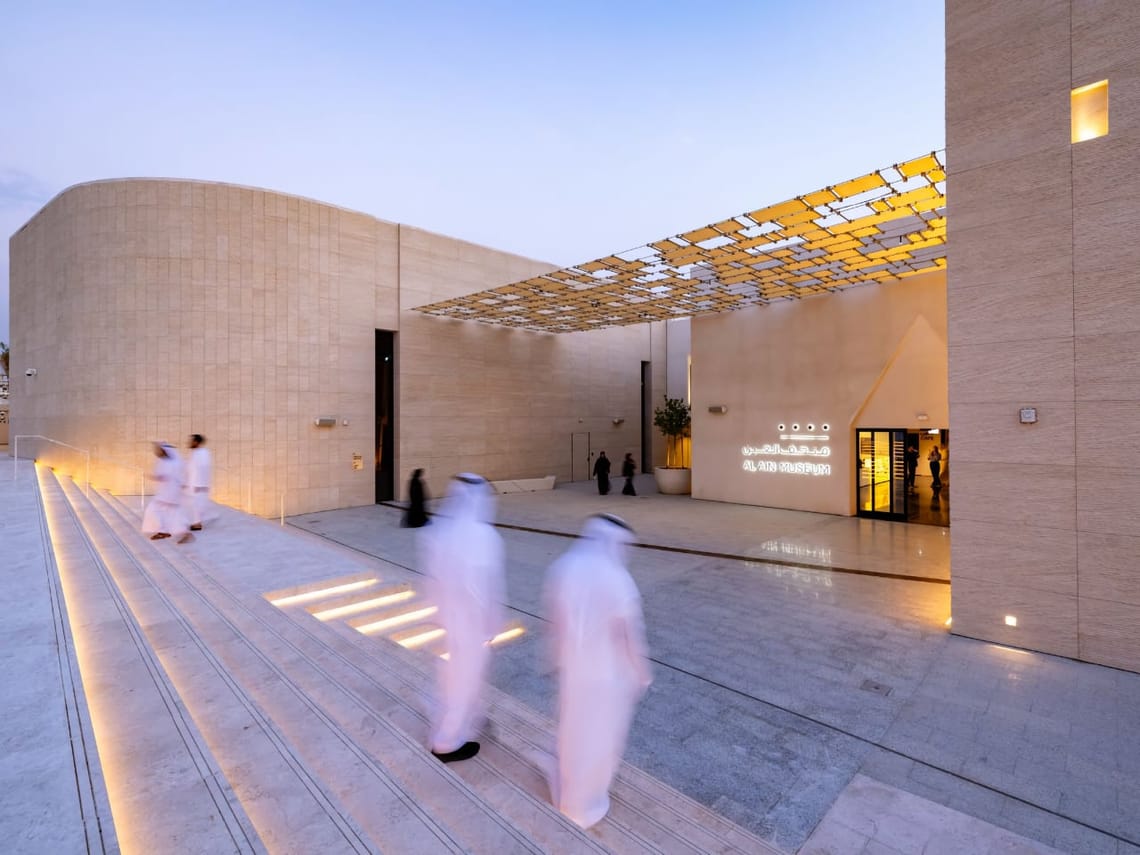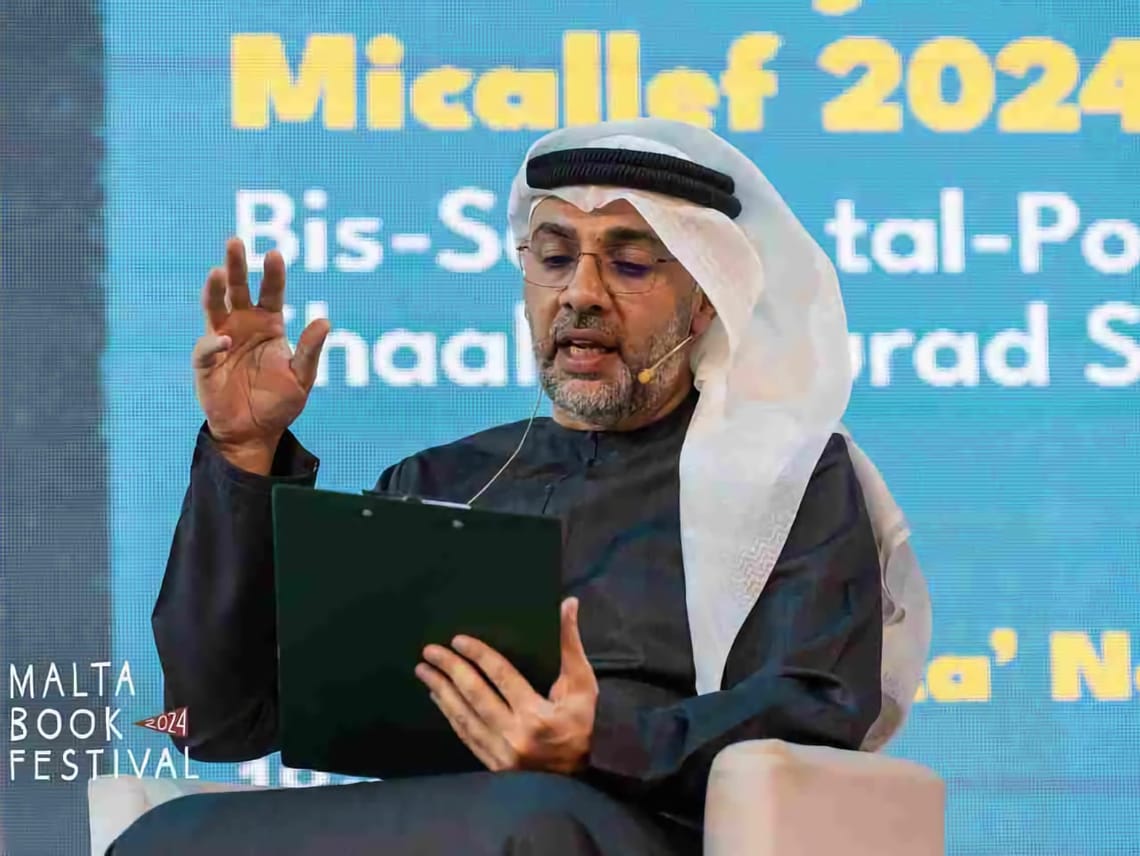- Adichie urged readers to “dream boldly” and “speak their truths.”
- She introduced Dream Count, centred on three affluent Nigerian women and the idea of “home.”
- She spoke about Nigeria’s stark wealth gap and how proximity to luxury shapes desire.
- Fashion is her “gentle nationalism,” often wearing Nigerian designers; her Wear Nigerian campaign earned a Shorty Award in 2018.
- Grief after losing both parents reshaped her writing; Dream Count became a refuge.
Chimamanda Ngozi Adichie packed out the hall at the 44th Sharjah International Book Fair, told the crowd to “dream boldly,” and unpacked the themes behind her new novel, Dream Count. She spoke about home, power, wealth, fashion and loss — and why stories still matter. The session, held in Sharjah on 9 November 2025, ended with a long book signing line.
If you’re heading to the fair, our practical guide covers timings, venues and handy tips for visitors in the UAE. Read our SIBF 2025 visitors’ guide.
A full house, a clear message
Adichie’s opening was simple: stories give people courage to imagine better futures, and readers should “speak their truths.” She discussed this with moderator Abdul Karim Hanif in front of a full audience.
- “Dream boldly” was her call to the room.
- She framed storytelling as identity and power.
- The energy was warm, with humour and applause throughout.
The point landed because it was grounded. Courage is not abstract here; it’s tied to who gets to speak and who gets heard. By tying imagination to truth, she made a case for literature as a public act, not just a private hobby.
Dream Count: home, power and the pull of wealth
Dream Count looks at three affluent Nigerian women and the tensions inside the idea of “home." The way wealth sits alongside poverty shapes the book’s emotional weather.
- “Home” is a pressure point, not a soft place.
- Nigeria’s contrasts: immense wealth beside deep poverty.
- Proximity to luxury fuels a desire that never feels satisfied.
Her comments about materialism were sharp: when luxury feels close, it becomes a fixation. That closeness shapes behaviour and choices, giving the novel’s characters their friction. The theme of home becomes about belonging and power, not just geography.
Style as statement, not decoration
Fashion, for Adichie, is political in a soft voice. She often wears Nigerian designers and calls it “gentle nationalism,” a way to back talent at home and say where she’s from without a speech.
- Fashion as “gentle nationalism.”
- “Wear Nigerian” campaign recognised with a 2018 Shorty Award.
- A nod to filmmaker Mira Nair and the line about producing her son, which Adichie echoed about her mother.
This wasn’t surface talk. Clothes became shorthand for pride, community and stereotype-busting. The anecdote about Mira Nair set up a tender pivot to her own mother, the person who “produced” the writer in her.
If you read on a device and want better screens for books and notes, our UAE guide to Kindles is a clean starting point. Best Kindle for everyone in the UAE.
Loss, silence and finding the words again
The room quieted when she spoke about losing both parents. Her father died in 2020; months later, her mother passed away on his birthday. Fiction, once her first love, became impossible for years. Dream Count became a way through grief.
- Father died in 2020; mother died months later on his birthday.
- Writing paused; reading others’ grief helped.
- Dream Count arrived as refuge and recovery.
She connected this to a lifelong urge to write. As a child recovering from an appendectomy, she asked for exercise books instead of chocolate. The instinct to write was early and unforced, and the new novel taps that same current after a stretch of silence.
If you prefer libraries to shops, Dubai’s Digital Library gives UAE readers a deep catalogue of e-books and research material. How to use Dubai Culture’s Digital Library.
Signing off in Sharjah
The session closed with a long line of readers getting books signed, and a reminder of why packed rooms still matter: stories carry people through.
FAQs
What did Adichie mean by “dream boldly”?
She urged readers to imagine better futures and to speak honestly. It was part of her argument that stories shape identity and challenge power.
What is Dream Count about?
It focuses on three affluent Nigerian women and the tensions around “home,” set against the reality of wealth beside poverty.
Why did she discuss fashion?
She called her style “gentle nationalism,” often wearing Nigerian designers to support talent and show pride. Her Wear Nigerian campaign received a Shorty Award in 2018.
Did she talk about grief and creativity?
Yes. After her father’s death in 2020 and her mother’s months later, she found it hard to write fiction. Dream Count became a refuge as she processed that loss.
Who moderated the session?
Abdul Karim Hanif.
Planning a visit to SIBF? Read our SIBF 2025 visitors’ guide and, if you’re switching to e-readers, check our UAE Kindle guide.
Subscribe to our newsletter to get the latest updates and news















Member discussion